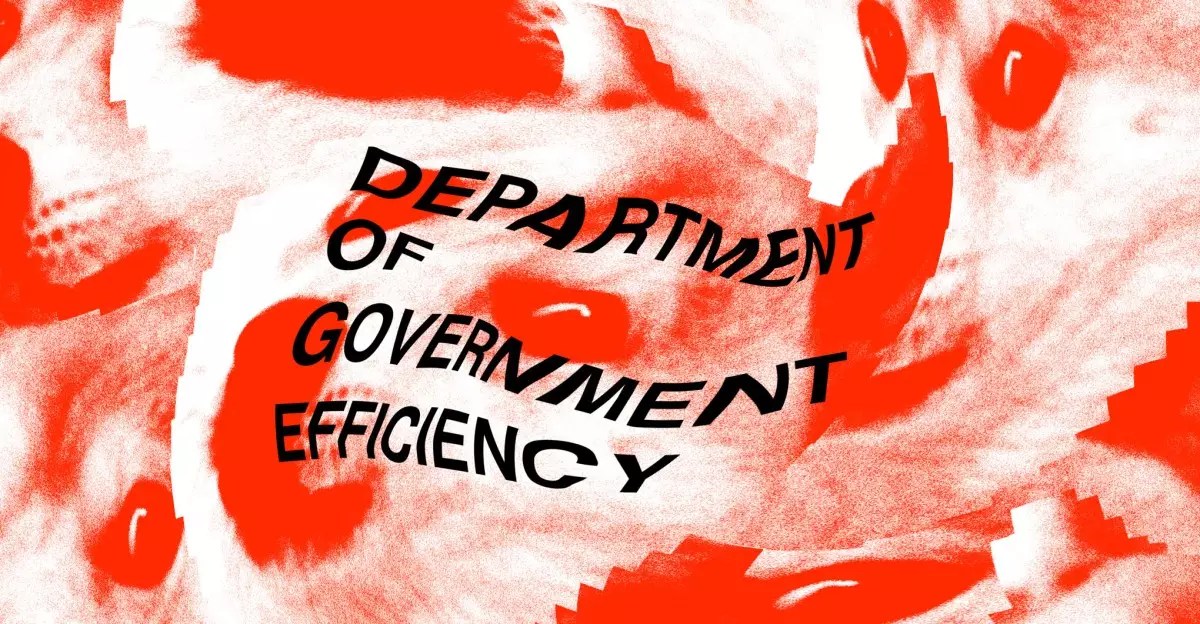In a daring initiative, the Department of Government Efficiency (DOGE) is attempting to create a “mega API” that would revolutionize how the Internal Revenue Service (IRS) manages and shares its data. This ambitious project, first highlighted by Wired, aims to integrate IRS data with cloud platforms, potentially altering the landscape of governmental transparency and efficiency. However, the venture is fraught with technical challenges and raises ethical questions about data privacy and access.
The Hackathon Approach: A Double-Edged Sword
Scheduled for next week, the hackathon organized by DOGE intends to gather IRS engineers and third-party software providers like Palantir, known for its controversial practices involving data gathering and surveillance. While the idea of a hackathon sounds innovative and invigorating, there’s a cynical undertone to this approach. Can rapid development truly lead to a robust and secure system? Many experts, including IRS employees, express skepticism regarding the feasibility of completing such a complex project in just 30 days. This aggressive timeline raises alarm bells, suggesting that the project may prioritize speed over accuracy and security.
Experience Versus Ambition
DOGE’s main players, including the 25-year-old Gavin Kliger and health-tech CEO Sam Corcos, have stirred controversy not just due to their inexperience in government operations, but also because of their persistent pressure on the IRS to loosen data access restrictions. Critics argue that the lack of a solid grounding in IRS regulations and tax systems makes this initiative, while ambitious, dangerously naive. Previous attempts to understand the breadth and complexity of IRS data have failed to take into account the years of work needed to adequately “schematize” such information.
Privacy Concerns: A Critical Perspective
Potential collaborations with companies like Palantir highlight a troubling trend in government data initiatives—prioritizing rapid access to extensive data over safeguarding citizen privacy. With ongoing concerns about governmental overreach and misuse of tax data, the push for a mega API might inadvertently set the stage for privacy violations. As the administration appears to court private entities to manage sensitive information, doubts linger about the reliability and ethical framework underpinning these collaborations.
Political Implications: A Murky Path Forward
The project’s political implications are also significant, as previous reports suggest that some within the Trump administration planned to harness IRS data as a means to enforce immigration policies. This intertwining of identity management and bureaucratic data could see the IRS weaponized for objectives far removed from its original mandate. Lawmakers, including Senator Ron Wyden, have already voiced their concerns and defended the IRS’s decision to maintain strict controls over its data, pointing to the need for a careful and responsible approach to data transparency.
As DOGE pushes forward with its vision of a mega API, greater scrutiny and debate are essential. The potential benefits of accessible and efficient data management must be weighed against the risks of compromising taxpayer privacy and overstepping governmental bounds. Naivety can lead to disasters in such sensitive arenas—one must hope they tread lightly.


Leave a Reply